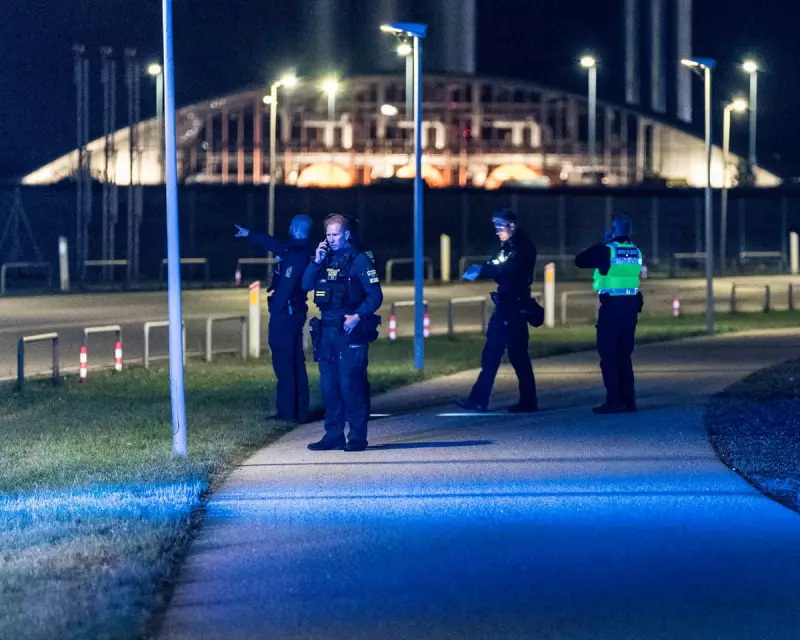
A significant security alert was triggered over the Danish capital this week, as unauthorised drones penetrated Copenhagen's airspace, forcing the Danish military to scramble F-16 fighter jets in a dramatic response. The incident, which occurred on Monday night, has sent shockwaves through European security circles, with analysts pointing to Russia as the likely culprit.
The mysterious drones entered Danish airspace south of Copenhagen, flying over the island of Bornholm before heading towards the Swedish coast. Despite the swift military reaction, the aircraft evaded capture and identification, vanishing as mysteriously as they appeared.
A Pattern of Provocation
This event is not isolated. Security experts note an alarming pattern of Russian reconnaissance activities targeting NATO members. Just last month, similar drone incidents were reported near critical infrastructure sites across the Baltic region.
"This appears to be a deliberate test of NATO's air defence capabilities," explained Dr. Lars Jensen, a security analyst at the University of Copenhagen. "Russia is systematically probing for weaknesses, gathering intelligence on response times and procedures."
Denmark's Swift Response
The Danish Defence Ministry confirmed that their operational command detected the intrusion around 10 PM local time. Fighter jets were scrambled within minutes, demonstrating the country's high state of readiness.
Danish Defence Minister Troels Lund Poulsen stated: "We take any violation of our airspace extremely seriously. Our response was immediate and professional. While we cannot confirm the origin with absolute certainty, the pattern of behaviour strongly suggests Russian involvement."
Broader Security Implications
The incident raises serious questions about Europe's air defence capabilities at a time of heightened tensions:
- Increasing frequency of airspace violations in the Baltic region
- Concerns about drone technology being used for hybrid warfare
- Questions about NATO's ability to protect member states' sovereignty
- Potential threats to critical infrastructure from unmanned aircraft
NATO officials have been briefed on the incident, with discussions underway about enhancing air surveillance capabilities across the alliance's eastern flank.
Historical Context and Future Concerns
This latest incident follows years of similar provocations. In 2024, Denmark expelled several Russian diplomats accused of espionage, while numerous Russian vessels have been detected mapping underwater infrastructure near Danish waters.
As drone technology becomes more sophisticated and accessible, security experts warn that such incursions may become more frequent and harder to detect. The Copenhagen event serves as a stark reminder that hybrid threats are evolving rapidly, requiring constant vigilance and adaptation from Western defence forces.
The Danish government has announced an urgent review of its air defence protocols, while neighbouring countries have increased patrols in response to what many see as a coordinated campaign of intimidation.






